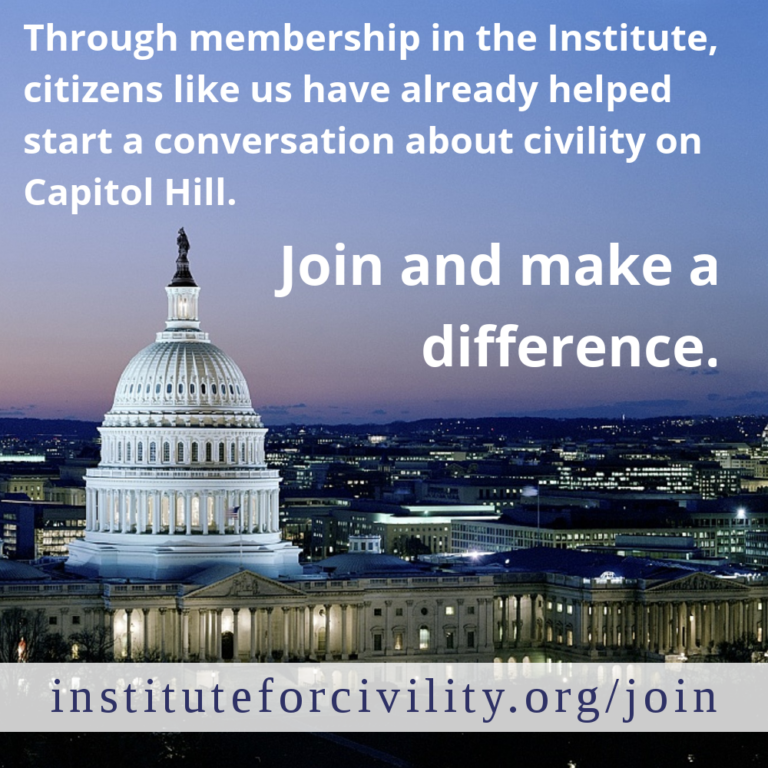Another fresh start….
Regardless of which political party wins, every inauguration brings with it new hope, new possibilities, and renewed calls for unity and civility, along with a dose of skepticism and displeasure from those among the losing party. The proportion of hope to skepticism and/or outright resentment may vary from administration to administration, but these are…

